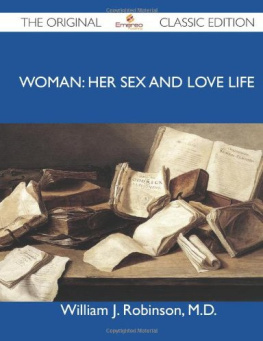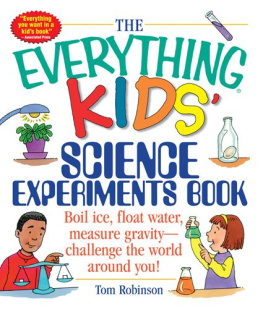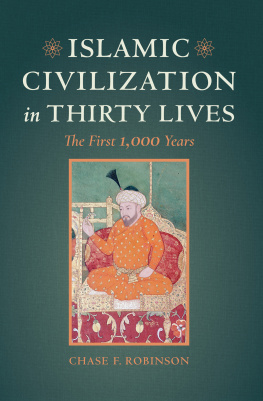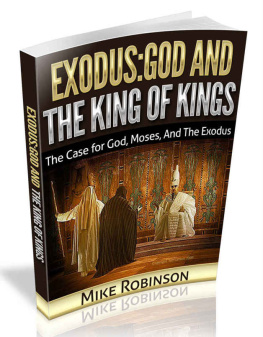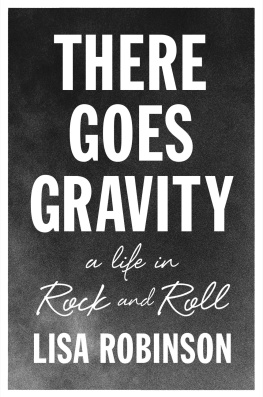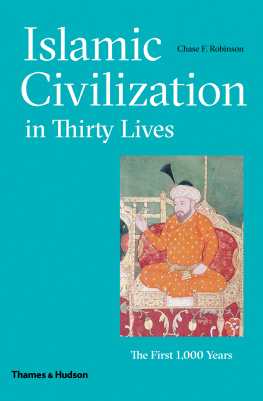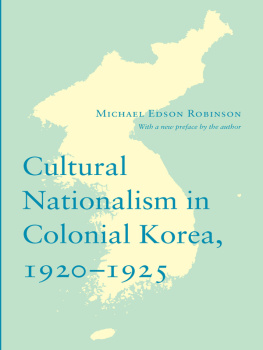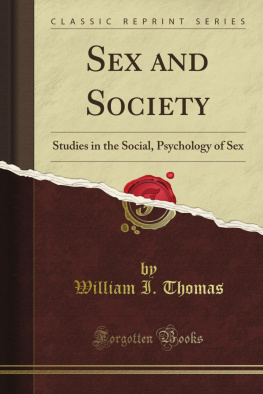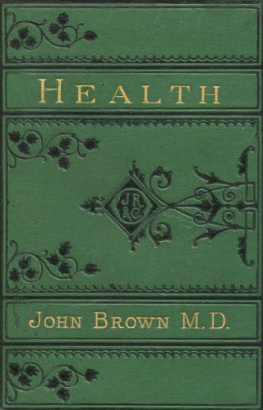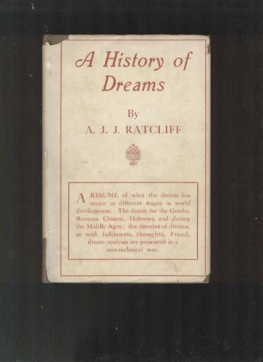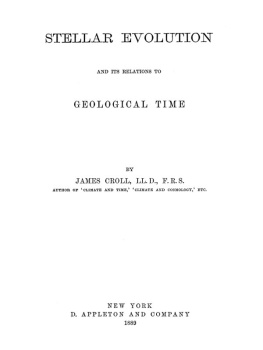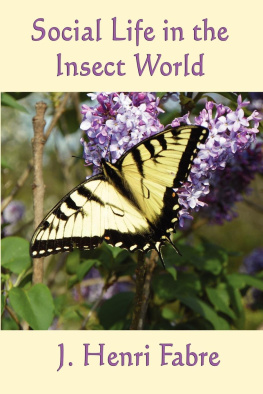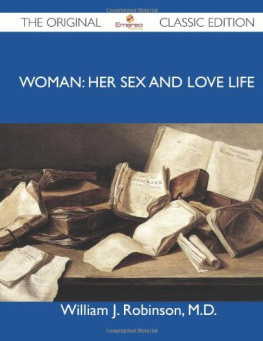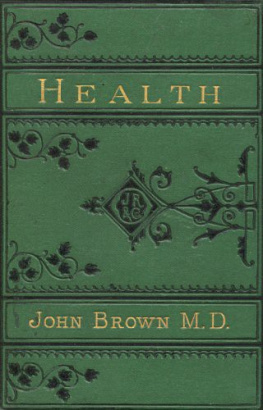The Project Gutenberg eBook, Woman, by William J. Robinson
This eBook is for the use of anyone anywhere at no cost and with
almost no restrictions whatsoever. You may copy it, give it away or
re-use it under the terms of the Project Gutenberg License included
with this eBook or online at www.gutenberg.org
Title: Woman
Her Sex and Love Life
Author: William J. Robinson
Release Date: June 15, 2007 [eBook #21840]
Language: English
Character set encoding: ISO-8859-1
***START OF THE PROJECT GUTENBERG EBOOK WOMAN***
E-text prepared by Juliet Sutherland, Jeannie Howse,
and the Project Gutenberg Online Distributed Proofreading Team
(http://www.pgdp.net)
Transcriber's Note:
Inconsistent hyphenation and spelling in the original document have been preserved. There are many uncommon words in this text.
Obvious typographical errors have been corrected. For a complete list, please see the end of this document.
Click on the images to see a larger version.
WOMAN
HER SEX AND LOVE LIFE
BY
WILLIAM J. ROBINSON, M.D.
Chief of the Department of Genito-Urinary Diseases and Dermatology, Bronx Hospital Dispensary Editor of the American Journal of Urology and Sexology; Editor of The Critic and Guide; Author of Treatment of Sexual Impotence and Other Sexual Disorders in Men and Women; Treatment of Gonorrhea in Men and Women; Limitation of Offspring by the Prevention of Conception; Sex Knowledge for Girls and Women; Sexual Problems of Today; Never-Told Tales; Eugenics and Marriage, etc. Fellow of the New York Academy of Medicine, of the American Medical Editors' Association, American Medical Association, New York State Medical Society, Internationale Gesellschaft fr Sexualforschung, American Genetic Association, American Association for the Advancement of Science, American Urological Association, etc., etc.
ILLUSTRATED
TWENTY-FIRST EDITION
1929
EUGENICS PUBLISHING COMPANY
NEW YORK
Copyright, 1917,
By Eugenics Publishing Company
Press of
J.J. Little & Ives Co.
New York
THE CREATION OF WOMAN
This old Oriental legend is so exquisitely charming, so superior to the Biblical narrative of the creation of woman, that it deserves to be reproduced in Woman: Her Sex and Love Life . There are several variants of this legend, but I reproduce it as it appeared in the first issue of The Critic and Guide , January, 1903.
At the beginning of time, Twashtrithe Vulcan of Hindu mythologycreated the world. But when he wished to create a woman, he found that he had employed all his materials in the creation of man. There did not remain one solid element. Then Twashtri, perplexed, fell into a profound meditation from which he aroused himself and proceeded as follows:
He took the roundness of the moon, the undulations of the serpent, the entwinement of clinging plants, the trembling of the grass, the slenderness of the rose-vine and the velvet of the flower, the lightness of the leaf and the glance of the fawn, the gaiety of the sun's rays and tears of the mist, the inconstancy of the wind and the timidity of the hare, the vanity of the peacock and the softness of the down on the throat of the swallow, the hardness of the diamond, the sweet flavor of honey and the cruelty of the tiger, the warmth of fire, the chill of snow, the chatter of the jay and the cooing of the turtle dove.
He combined all these and formed a woman. Then he made a present of her to man. Eight days later the man came to Twashtri, and said: "My Lord, the creature you gave me poisons my existence. She chatters without rest, she takes all my time, she laments for nothing at all, and is always ill; take her back;" and Twashtri took the woman back.
But eight days later the man came again to the god and said: "My Lord, my life is very solitary since I returned this creature. I remember she danced before me, singing. I recall how she glanced at me from the corner of her eye, how she played with me, clung to me. Give her back to me," and Twashtri returned the woman to him. Three days only passed and Twashtri saw the man coming to him again. "My Lord," said he, "I do not understand exactly how it is, but I am sure that the woman causes me more annoyance than pleasure. I beg you to relieve me of her."
But Twashtri cried: "Go your way and do the best you can." And the man cried: "I cannot live with her!" "Neither can you live without her!" replied Twashtri.
And the man went away sorrowful, murmuring: "Woe is me, I can neither live with nor without her."
PREFACE
In the first chapter of this book I have shown, I believe convincingly, why sex knowledge is even more important for women than it is for men. I have examined carefully the books that have been written for girls and women, and I know that it is not bias, nor carping criticism, but strict honesty that forces me to say that I have not found one satisfactory girl's or woman's sex book. There are some excellent books for girls and women on general hygiene; but on sex hygiene, on the general manifestations of the sex instinct, on sex ethicsnone. I have attempted to write such a book. Whether I have succeededfully, partially or not at allis not for me to say, though I have my suspicions. But this I know: in writing this book I have been strictly honest with myself, from first page to last. Whether everything I have written is the truth, I do not know. But at least I believe that it isor I would not have written it. And I can solemnly say that the book is free from any cant, hypocrisy, falsehood, exaggeration or compromise, nor has any attempt been made in any chapter to conciliate the stupid, the ignorant, the pervert, or the sexless.
As in all my other books I have used plain, honest English. Not any plainer than necessary, but plain enough to avoid obscurity and misconception.
Science and art are both necessary to human happiness. This is not the place to discuss the relative importance of the two. And, while I have no patience with art-for-art's-sake, I recognize that the scientist can not be put into a narrow channel and ordered to go into a certain definite direction. Scientific investigations which seemed aimless and useless have sometimes led to highly important results, and I would not disparage science for its own sake. It has its uses. Nevertheless I personally have no use for it. To me everything must have a direct human purpose, a definite human application. When the cup of human life is so overflowing with woe and pain and misery, it seems to me a narrow dilettanteism or downright charlatanism to devote one's self to petty or bizarre problems which can have no relation to human happiness, and to prate of self-satisfaction and self-expression. One can have all the self-expression one wants while doing useful work.
And working for humanity does not exclude a healthy hedonism; not the narrow Cyrenaic, but an enlightened altruistic hedonism. And in writing this book I have kept the human problem constantly before my eyes. It was not my ambition merely to impart interesting facts: my concern was the practical application of these facts, their relation to human happiness.
If this book should be instrumental, as I confidently trust it will, in destroying some medieval superstitions, in dissipating some hampering and cramping errors, in instilling some hope in the hearts of the hopeless, in bringing a little joy into the homes of the joyless, in increasing in however slight a degree the sum total of human happiness, its mission shall have been gloriously fulfilled.
For this is the mission of the book: to increase the sum total of human happiness.

